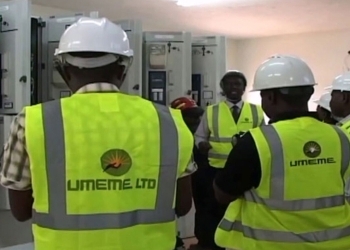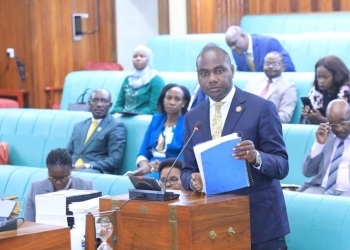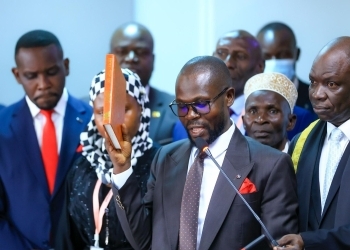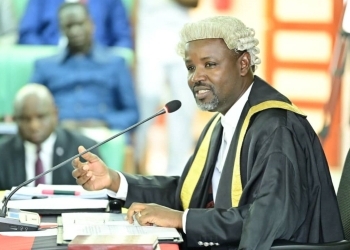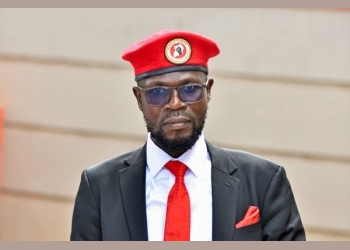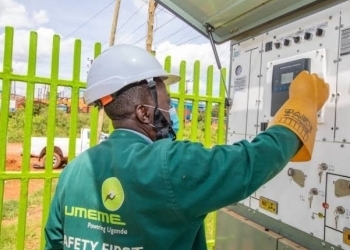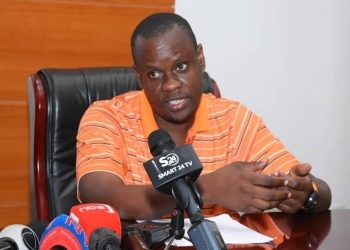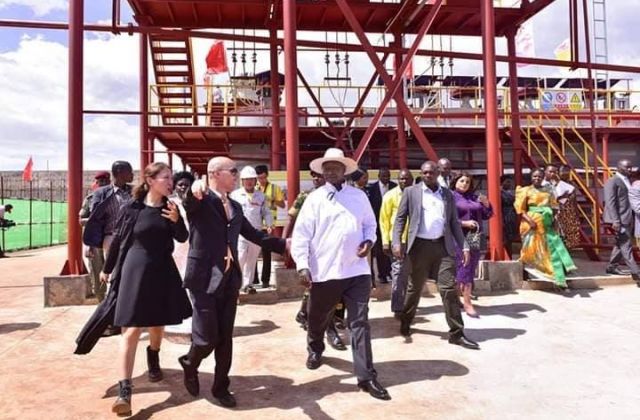
President Yoweri Museveni has set out to commission more factories in a bid to create jobs for Ugandan youths who are desperately looking all over for what to do.
One of these is the Sukulu phosphate Comprehensive Industrial Project implemented by the Guangzhou Dongsong, which the president commissioned on Tuesday in Tororo.
The project, part of the of US$620 million US investment which also comprises the expansive Uganda-China (Guangdong) free zone of International Industrial Cooperation situated in the area is a phosphate fertilizer production plant.
It is introducing the first purely organic fertilisers on the local market and will be producing 50,000 tons at the start which will grow to 100,000 tons as the demand grows even beyond borders across the region.
According to information obtained by Howwe.Biz, Dongsong Energy Group, Uganda Limited, is also undertaking a number of other projects under the Uganda-China Free Zone of international industrial cooperation. These are steel production, glassmaking and producing iron slag powder, brick making and shear butter production, among others.
The industry will be the first in East Africa to carry out the full production from mining of minerals, separating them from ore dressing and processing them into final products.
President Museveni, who toured the phosphate fertilizer plant and other upcoming factories, was happy to note that once the factories are fully operational, Uganda would no longer need to import fertilizers, glass, steel and iron and this would save the country lots of money.
"In 2013 Uganda was spending US$50 million on importing fertilizers from China but this will stop. We were spending US$23 million on glass per year. All these imports will stop and instead we will be exporting to the region," he said.
He said that the reason why there was huge stagnancy and delay in establishing mineral factories in the region, was because the government and other private companies in Uganda did not have enough capital to invest and funds to compensate the people who were on the land.
"It was selected as Free Preferential Trade Area to produce minerals for COMESA but we did not have enough capital. So, the Chinese came and we explained to them and they accepted to invest,” he explained.
Mr Museveni hailed China for using a smart policy of encouraging both private and Chinese Government companies to invest in Africa's viable projects that returned profits. He further commended the Chinese Government for not only supporting money projects but also infrastructural developments like the Isimba and Karuma hydro power projects.
The president reiterated that these would help supply cheap electricity to the many upcoming factories in Sukulu village. He also noted that Uganda will become economically competitive but only if there is no corruption.
“There are flies that must be fumigated because they disturb our investors by becoming parasites to them. We are going to lock them up. We shall wipe it (corruption) out as long as we get facts," he warned.
The President thanked Dongsong investor for his dynamism and continued support in Uganda.
The President of Dongsong Company, Mr. Weidong, revealed that after the completion of the first phase of the project,1,400 people would be employed and that the second phase would have around 3000 workers. He added that he was going to make a continuous effort to realizing his commitment to people of Uganda.
The Chinese Ambassador to Uganda, Mr. Zheng Zhuuang, noted that the Sukulu project is the biggest private investment in Uganda adding that it would be able to employ about 3,000 people locally and bring in high tax revenue every year. He thanked President Museveni for the support to the China-Uganda bilateral investments.


